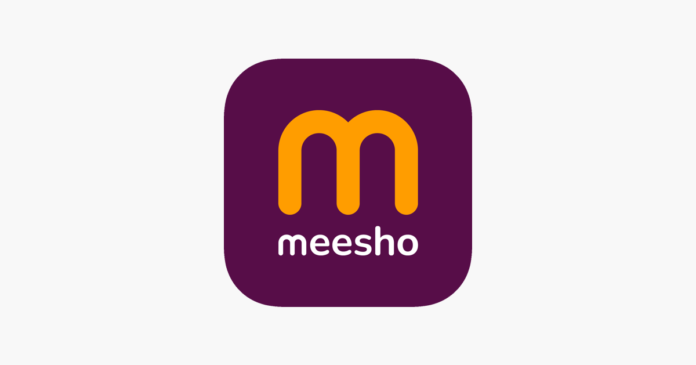Meesho Claims Indian E-Commerce First with Positive Cash Flow
In a significant development for the Indian e-commerce landscape, Meesho has announced that it has achieved positive cash flow, a milestone that sets it apart in a highly competitive market. As the first e-commerce platform in India to reach this financial benchmark, Meesho is redefining the narrative around profitability in the sector.
Understanding Meesho’s Business Model
Founded in 2015, Meesho has pioneered a unique social commerce model that empowers small businesses and individual entrepreneurs to sell products online. The platform enables sellers to leverage social media channels, particularly WhatsApp and Facebook, to reach potential customers without heavy marketing costs. This community-driven approach not only reduces overheads but also enhances customer engagement, leading to increased sales.
The Road to Positive Cash Flow
Achieving positive cash flow is no small feat in the e-commerce sector, where companies often prioritize growth over profitability. Meesho’s success can be attributed to a combination of strategic investments, a focus on operational efficiency, and a commitment to understanding customer needs. By streamlining operations and reducing costs, Meesho has managed to improve its financial health while continuing to expand its user base.
Innovative Strategies Driving Growth
- Empowering Small Sellers: By focusing on small and medium enterprises (SMEs), Meesho has tapped into a vast market that often goes unaddressed by larger players. This approach not only fosters local entrepreneurship but also builds a loyal customer base.
- Social Commerce: Meesho’s emphasis on social commerce allows sellers to connect with their audience organically. The platform’s easy-to-use interface makes it simple for users to share products with their networks, enhancing visibility and driving sales.
- Cost-Effective Marketing: With a focus on word-of-mouth and social sharing, Meesho minimizes traditional advertising expenses. This approach allows for a more sustainable growth model, as the reliance on paid advertising is significantly reduced.

Industry Impact
Meesho’s achievement of positive cash flow could signal a shift in the Indian e-commerce landscape. As other platforms grapple with mounting losses, Meesho’s success story may inspire a new wave of startups to adopt similar sustainable practices. This milestone could also encourage investors to support e-commerce businesses that prioritize financial health alongside growth.
Looking Ahead
As Meesho continues to scale its operations, the focus will likely remain on enhancing its technology infrastructure and expanding its product offerings. The company’s commitment to sustainability and community empowerment will also play a critical role in its long-term strategy.
In conclusion, Meesho’s achievement of positive cash flow is a testament to its innovative business model and the growing potential of social commerce in India. As the e-commerce industry evolves, Meesho sets a compelling example of how businesses can thrive sustainably while supporting local entrepreneurs.
The Indian commerce landscape is being transformed by quick commerce companies in urban areas. Blinkit, which is Zomato’s quick commerce division, has expanded its network of dark stores—warehouses that hold inventory—and increased its stock-keeping units (SKUs) from 4,000-5,000 to over 10,000. The platform has also rolled out new features, such as payment installment options for purchases exceeding ₹3,000 ($35.7), 10-minute return policies for clothing and footwear, and split shipments to enhance its service reach.
Quick commerce players, including Blinkit, Nexus-backed Zepto, Prosus-backed Swiggy’s Instamart, and Tata-owned BigBasket, are projected to achieve annual sales of approximately $6 billion this year, according to a TechCrunch analysis.
For established players, the competition increasingly centers on controlling the entire logistics chain. Both Amazon and Flipkart manage around 90% of their deliveries in-house, while Meesho has introduced its own logistics service called Valmo to optimize shipping costs. Currently, Valmo handles about 35% of all Meesho orders, as reported by Bank of America.


